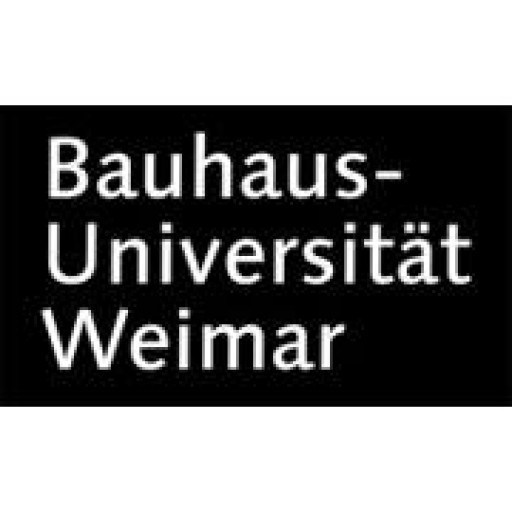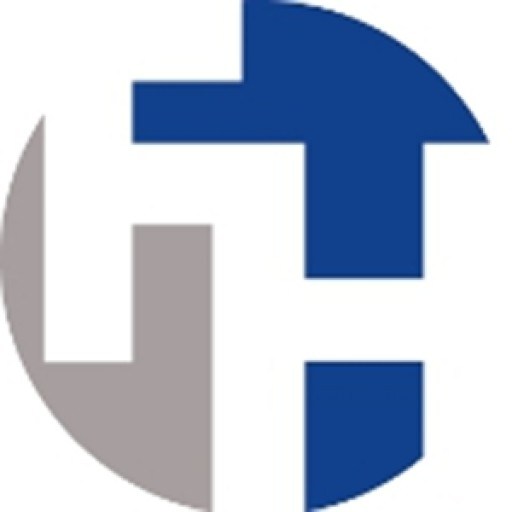Photos of university / #uni_duisburg_essen
The Power Engineering Master's degree aims to prepare students for demanding roles in management, research, and academia in the area of power engineering. Building on the broad principles gained from a relevant Bachelor's degree, the Master's degree will deepen students' knowledge of:
In particular, the course aims to:
- electromagnetic field theory as well as the higher and numerical mathematics required for technically demanding subjects;
- the technical subjects that provide the basis for demanding roles in electrical engineering and information technology;
- the technical subjects required for demanding roles in the areas of electrical power engineering and automation technology.
In particular, the course aims to:
- introduce students to challenging areas of theory;
- develop students' abilities to solve complex issues that require the comprehensive theory-based tools of modelling, synthesis, and simulation.
Educational organisation
The Master's degree courses consist of the following elements:- advanced theories
- core subjects
- electives
- non-technical courses
The Master's thesis is an examination paper, which concludes the scientific education in every Master's degree course within the academic International Studies in Engineering (ISE) programme. It is used to show that a student is capable of using scientific methods to autonomously deal with a problem from the corresponding field of engineering sciences. It is also used to demonstrate that a student can comprehensibly present their solution to a problem within a given period of time. The duration for work on the Master's thesis is six months.
Study abroad unit(s)
It is obligatory for German students to stay abroad for a period of three to six months.During this time, the students can do one of the following:
- participate in lectures at a foreign university and earn credits by passing the examinations
- work on their final thesis
Forms of assessment
According to the examination regulations, the type and duration of the examination will be defined by the lecturer before the semester starts. Therefore, an examination can be a written test with a duration of 60 to 120 minutes or an oral examination lasting 30 to 60 minutes. The language of the examination is the same as the language of the lecture.Course objectives
Engineers with a Master's degree can expect to find challenging work in companies of all sizes in the areas of project planning, product development (components and systems), research, and sales. A Master's degree is also a prerequisite for a doctorate degree.Graduates will:
1) master profound knowledge of advanced principles of mathematics and become experts in the basics;
2) develop advanced knowledge and skills in the area of power engineering related to the generation and distribution of energy;
3) be qualified and skilled to develop concepts and operate complex systems and services in communications engineering and, in doing so, assess and apply new, complex methods for modelling, calculation, design, and testing;
4) be able to pursue their preference for either a commercial career or an academic career based on their choice of electives from the spectrum offered in the degree course;
5) have an enhanced general education with advanced language skills in German or English as well as increased employability as a result of learning teamwork and communication skills;
6) demonstrate that they can apply scientific methods to independently deal with problems of electrical and power engineering (or its application in another engineering discipline) within a specific time frame, and be able to present the issues clearly.
Language requirements
Applicants must be able to demonstrate German and English language skills corresponding to Level B1 of the Common European Framework of Reference for Languages (CEFR).At the start of the programme, students must undergo placement tests in order to determine their knowledge in both languages and be placed in the appropriate courses. Students with a language certification from a qualified institute are exempt from sitting the placement test.
During the course of the ISE Master's programme, students must work towards a level B2 certification in both German and English. Students must reach a B2 proficiency level by the time they register for the final thesis. In some individual cases, language courses are a required part of the programme.
Academic requirements
The qualification for a MSc course of study in the ISE programme is met by a student's successful completion of a programme lasting at least three academic years in the field of natural sciences, engineering sciences, or computer science. Students must have finished the programme with an average grade of 2.5 or better and earned a BSc or a comparable degree.Students must also prove their knowledge of German and English by achieving a minimum of a level B1 on the Common European Framework of Reference for Languages (CEFR).
Enrolment fees
All students are required to pay a social contribution of about 300 EUR per semester. The social contribution includes a semester ticket covering public transport in North Rhine-Westphalia, subsidised meals in the university canteen, and other services.Costs of living
We recommend budgeting between 750 and 900 EUR per month for personal expenses.Job opportunities
Students may be employed as student assistants at the institutes within the Department of Engineering as well as at affiliated research institutions. Companies in the region also offer similar jobs.Services and support for international students
The Support Center for (International) Engineering Students (SCIES) acts as a help desk for all study-related questions in the Department of Engineering. The mission of SCIES is to support all students at the Department of Engineering and to help them gain the most from their experiences at the University of Duisburg-Essen. SCIES answers questions with regard to studies, helps in administrative matters, supports in finding accommodation, and is the first level of support for all of the students' questions.Accommodation
Accommodation is available through the Student Services Office or on the private market. Rent for a single room in a student residence is approx. 280 EUR.More information: http://www.uni-due.de/scies/accommodation.shtml








